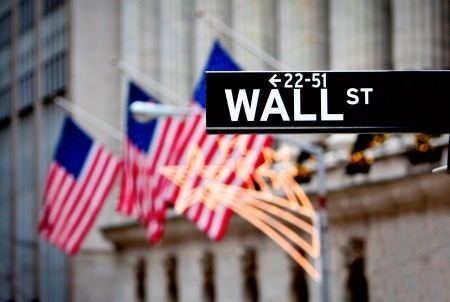Financial fraud routinely follows on the heels of disaster. Sadly, Hurricane Harvey and Hurricane Irma figure to be no different.
Often after such disasters people unsolicited phone calls, emails and texts, including from messaging apps, about investments that exploit a variety of hurricane-related opportunities. Here are some tips from FINRA on how to spot and protect yourself from such potential investment scams.
Spotting Potential Hurricane Related Investment Scams
Unsolicited communications about investments that exploit the latest natural disaster frequently include:
- price targets or predictions of swift and exponential growth;
- the use of facts from respected news sources to bolster claims of a price run up; for example, that some percentage of the billions of dollars it will take to rebuild after Harvey will contribute directly to a company’s bottom line;
- mention of contracts or affiliations with federal government agencies or large, well-known companies;
- standard corporate developments, like contracting with a supplier, presented as major events;
- statements about how much easier it is for low-priced stocks to skyrocket in value in comparison to higher-priced stocks; and
- pressure to invest immediately, such as “You must act now!”
How to Avoid Getting Scammed
To avoid potential scams, make sure you get the information you need to make a wise investment choice.
- Investigate before you invest. Never rely solely on information you receive in an unsolicited email, text message or cold call from a smooth talking “analyst” or “account executive” promoting a stock. It’s easy for companies or their promoters to make glorified claims about new products, lucrative contracts or the company’s revenue, profits or future stock price. Use FINRA BrokerCheck® to check registration status and additional information on investment professionals and firms.
- Find out who sent the message. Many companies and individuals that tout stock are corporate insiders or are paid to promote the stock. Look for statements (usually found in the fine print) that indicate cash payments or the receipt of stock for disseminating a report on the company.
- Find out where the stock trades. Most unsolicited stock recommendations involve stocks that can’t meet the listing requirements of The Nasdaq Stock Market, the New York Stock Exchange or other U.S. stock exchanges. Instead, these stocks tend to be quoted on an over-the-counter (OTC) quotation platform like the OTC Bulletin Board (OTCBB) or the OTC Link Alternative Trading System (ATS) operated by OTC Markets Group, Inc.Companies that list their stocks on registered exchanges must meet minimum listing standards. For example, they must have minimum amounts of net assets and minimum numbers of shareholders. In contrast, companies quoted on the OTCBB or OTC Link generally do not have to meet any minimum listing standards (although companies quoted on the OTCBB, OTC Link’s OTCQX and OTCQB marketplaces are subject to some initial and ongoing requirements).
- Read a company’s SEC filings. Most public companies file reports with the SEC. Check the SEC’s EDGAR database to find out whether the company files with the SEC. Read the reports and verify any information you have heard about the company. But remember, the fact that a company that has registered its securities or has filed reports with the SEC doesn’t mean that the company will be a good investments.
The foregoing information, which is publicly available on FINRA’s website is being provided by The White Law Group. The White Law Group, LLC is a national securities fraud, securities arbitration, investor protection, and securities regulation/compliance law firm with offices in Chicago, Illinois and Franklin, Tennessee. For a free consultation with a securities attorney, call 1-888-637-5510. For more information on The White Law Group and its securities practice visit https://whitesecuritieslaw.com.
Tags: Chicago investment fraud lawyer, how to spot an investment scam, hurricane harvey scam, Hurricane investment scams, hurricane irma investment scam, hurricane irma scam, hurricane securities fraud, hurricane securities scam, Illinois securities arbitration attorney, tips on avoiding investment scams, Vero Beach securities attorney Last modified: December 7, 2022






